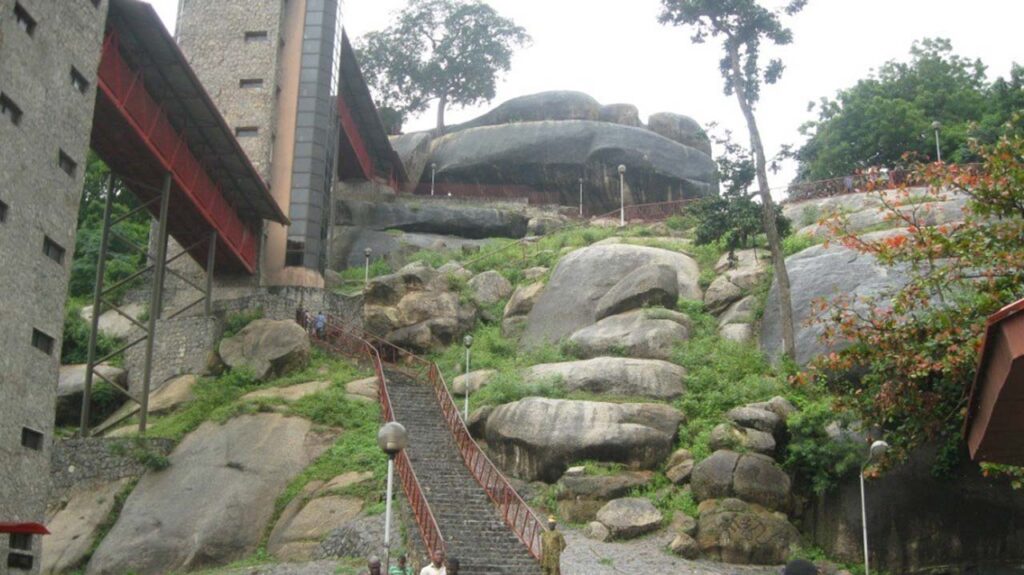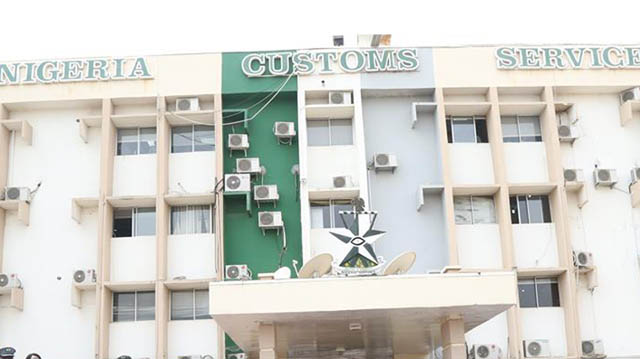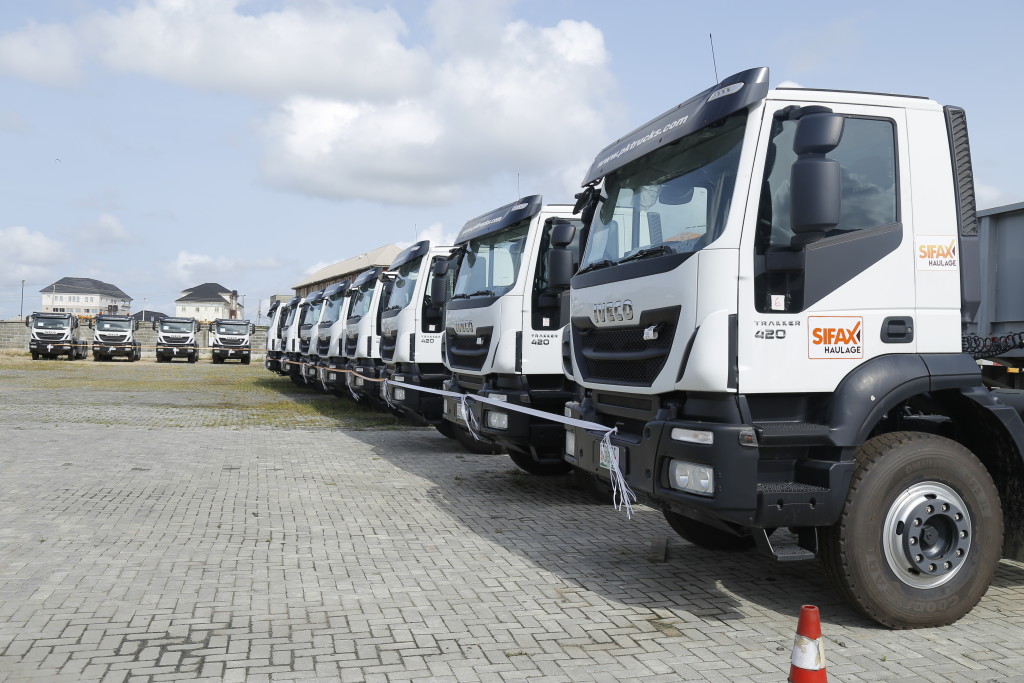The growth of the Nigerian automotive industry has been hinged on a functional component manufacturing sector as well as the signing and implementation of the 2024 to 2034 Nigerian Automotive Industry Development Programme (NAIDP) bill.
That was the position of experts at the Nigeria Auto Industry Summit (NAISU) organise by the Nigerian Auto Journalists Association (NAJA), in collaboration with the National Automotive Design and Development Council (NADDC).
Presenting a paper titled: ‘Essential Keys for Repositioning the Automotive Industry as a Driving Force for Sustainable Economic Growth in Nigeria,’ Board Member of the Nigerian Automotive Manufacturers Association (NAMA), Benneth Ejindu, said Nigeria could revive tyre, battery, and glass manufacturing as a precursor to revamping local auto manufacturing.
He said Nigeria could make welded parts such as exhaust systems, seat frames, batteries, trafficators, wiring harnesses as well as plastic/battery parts such as tyres, tubes, fan blades, seat foam, oil seals, hoses, and radiator grills.
According to Ejindu, Nigeria as Africa’s most populous nation, is in a position to build its industry based on domestic demand, with exports being an additional benefit.
He said Nigeria needs to sign the NAIDP into law, develop and implement an automotive raw material and component manufacturing masterplan and incentivise complete knocked down (CKD) assembly through contract manufacturing.
He listed some of the challenges facing the industry to include inconsistency in objectives owing to non-legislation of the development policy, non-alignment of procurement policies with industrial policy and negative effects of smuggling and uncontrolled importation of used vehicles.
“Lack of adequate engineering infrastructure and a difficult manufacturing environment exemplified by lack of power supply and other essential infrastructure, low tariffs and tariff differentials between completely knocked down (CKD) and fully built unit FBU.
“Lack of access to long-term, low-interest funds, especially consumer finance, low level of investment and lack of focus on improving competitiveness to bring down operating costs are some of the challenges in the industry,” he said.
Also speaking, the Chief Executive Officer, Transtech, Luqmam Mamudu, said there is a need to pass the amended NAIDP into law to engender investors’ confidence.
According to him, restrictions on the inflow of used vehicles must be managed in such a way as to ensure a balance between industry needs and consumer preferences.
A former adviser to the government on automotive policy advised that all imported used vehicles including salvage must be accompanied by certificates of integrity from originating countries.
“The federal government through the Federal Ministry of Industry Trade and Investment must negotiate with countries or regions from which these dirty vehicles originate,” he said.
He said stakeholders should hold a forum with Customs for regular training on import guidelines and related provisions of NAIDP to avoid observed investment constraints on the implementation of NAIDP, resulting in the loss of N2.3 billion in demurrage in 2019/20 by assemblers.
“To bring back commercial vehicle manufacturers on board, the government must urgently address the zero differential between the import of fully built SKD for commercial vehicles and fully built commercial vehicles, which presently stands at 10 per cent. This was smuggled into the NAIDP programme without consultation with the industry,” Mamudu said. He called on the government to create an N100 billion intervention fund to drive affordable vehicle acquisition loans.
According to him, the move would create demand for vehicles built in Nigeria, which has an installed capacity of 500,000 vehicles per year but with less than two per cent capacity utilisation.
“These loans should be directed only to commercial vehicle fleet operators to flood Nigeria with shared car services, buses, and trucks. This will arrest the upsurge in transportation costs and drive down inflation.
“Credible mobility private credit companies with verifiable track records in Nigeria should be identified and invited to participate in this revolving loan scheme. The scheme should be supervised by the Security and Exchange Commission (SEC),” he added.
Chairman of NAJA, Mike Ochonma, said if given the necessary motivation, the automotive industry is capable of transforming the country into a manufacturing hub in Africa.













